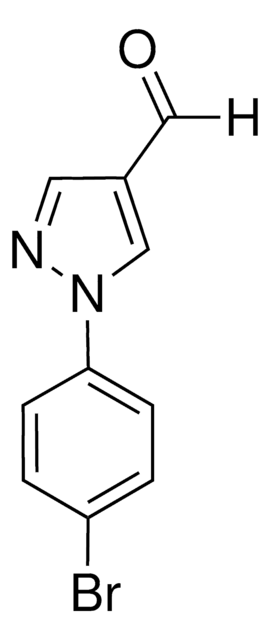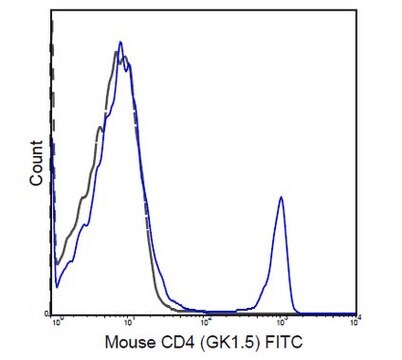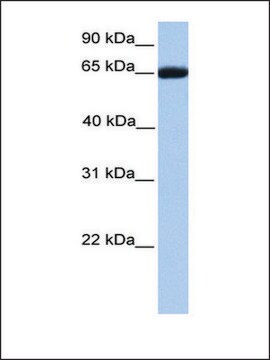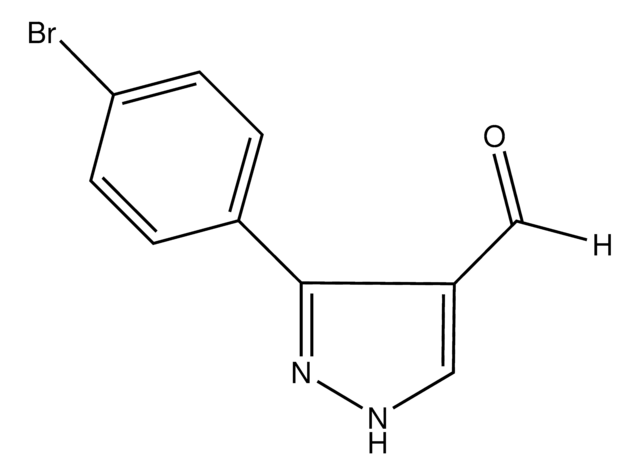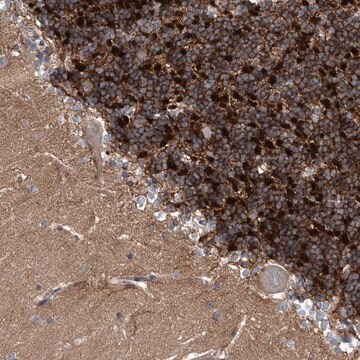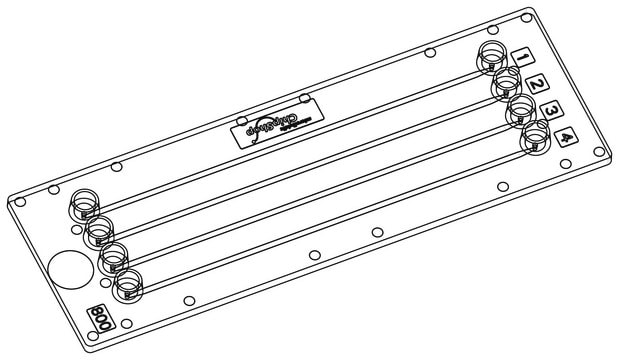MABN691
Przeciwciało anty-GPI, klon 1B7D7
ascites fluid, clone 1B7D7, from mouse
Synonim(y):
Glucose-6-phosphate isomerase, Autocrine motility factor, Neuroleukin, Phosphoglucose isomerase, Phosphohexose isomerase, Sperm antigen 36
About This Item
Polecane produkty
pochodzenie biologiczne
mouse
Poziom jakości
forma przeciwciała
ascites fluid
rodzaj przeciwciała
primary antibodies
klon
1B7D7, monoclonal
reaktywność gatunkowa
rat, human
metody
immunofluorescence: suitable
immunohistochemistry: suitable
western blot: suitable
izotyp
IgG1
numer dostępu UniProt
Warunki transportu
wet ice
docelowa modyfikacja potranslacyjna
unmodified
informacje o genach
human ... NLK(51701)
Opis ogólny
Immunogen
Zastosowanie
Analiza immunofluorescencyjna: Rozcieńczenie 1:200-1,000 z reprezentatywnej partii wykryło GPI w komórkach L-02.
Optymalne rozcieńczenia robocze muszą zostać określone przez użytkownika końcowego.
Jakość
Western Blotting Analysis: A 1:500-2,000 dilution of this antibody detected GPI in HepG2, SMMC-7721, and rat liver lysates.
Opis wartości docelowych
Komentarz do analizy
Lizaty HepG2, SMMC-7721 i wątroby szczura
Nie możesz znaleźć właściwego produktu?
Wypróbuj nasz Narzędzie selektora produktów.
Kod klasy składowania
12 - Non Combustible Liquids
Klasa zagrożenia wodnego (WGK)
nwg
Temperatura zapłonu (°F)
Not applicable
Temperatura zapłonu (°C)
Not applicable
Certyfikaty analizy (CoA)
Poszukaj Certyfikaty analizy (CoA), wpisując numer partii/serii produktów. Numery serii i partii można znaleźć na etykiecie produktu po słowach „seria” lub „partia”.
Masz już ten produkt?
Dokumenty związane z niedawno zakupionymi produktami zostały zamieszczone w Bibliotece dokumentów.
Nasz zespół naukowców ma doświadczenie we wszystkich obszarach badań, w tym w naukach przyrodniczych, materiałoznawstwie, syntezie chemicznej, chromatografii, analityce i wielu innych dziedzinach.
Skontaktuj się z zespołem ds. pomocy technicznej
